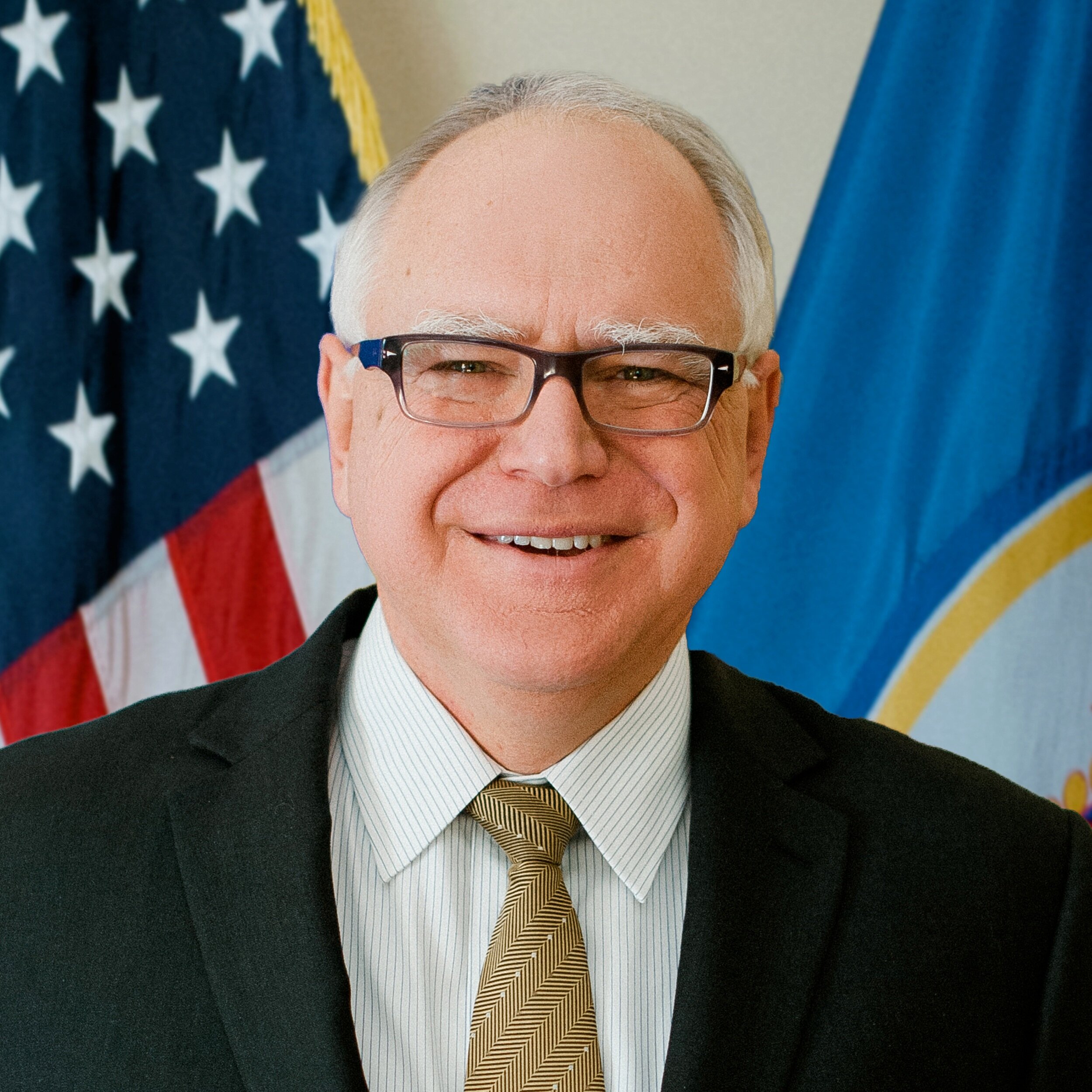Chernega was elected with 97% of the vote.
IFO Reaches Historic Contract Settlement
IFO Leads on Securing $130 Million in Pharmaceutical Savings
Jenna Chernega Elected as the next IFO President
'22-'23 IFO Contract Settlement Approved
IFO Reaffirms Commitment to Anti-Racism Education and Academic Freedom
Meet Anne - IFO Equity and Inclusion Coordinator
Welcome Back IFO Update
Welcome Back - Important COVID & IFO Updates
Welcome back, faculty. I am compelled to begin this message with some comments related to the events that transpired at the U.S. Capitol last week. At a time when our democracy was validating the Presidential election and we are preparing for a peaceful transfer of power, it was horrifying to observe sedition and the insurrection that followed. I am sure many of you have spent time this week helping our students understand the actions of these extremists and the profound impact they will have in defining our history. Our collective response as a society will also have a defining effect on our nation; violence can never be tolerated and as a union of university faculty we strongly condemn the images, motives, incitement, and conduct of the actions of January 6.
The IFO has made an unwavering commitment to equity and inclusion, promoting a high-quality liberal arts education, and developing our students into active and engaged members of society. Now more than ever, we need higher education to address the issues that divide us. The role of faculty and systems of higher education is essential in helping our country deal with the normalization of rampant misinformation, the need to continue to teach students critical thinking skills as they engage with current events and how to navigate complicated historical contexts, including how to engage our national history of structural racism and white supremacy has never been more urgent. We are uniquely positioned and qualified to find the strategies to move our communities forward.
Faculty have worked harder than ever in the face of compounding tragedies and challenges. We understand this has taken a toll and have worked hard to address the mental health issues that have arisen since March. I am so proud of the work faculty, coaches, and counselors do every day and the profound role our institutions have in making our communities better.
COVID Vaccine Update
On January 7, the IFO sent a letter urging for the inclusion of higher education faculty and staff to Gov. Walz and the Minnesota COVID-19 Vaccine Allocation Advisory Group. This group provides recommendations to Gov. Walz. You can read the letter here. In addition, IFO Leaders are meeting with Gov. Walz on Friday, January 22 to discuss campus budgets and other legislative objectives.
COVID Higher Education Financial Support
The federal government passed a COVID relief package in December 2020. The package included funding for higher education institutions. There are still many questions to be answered for how these resources may be rolled out on our campuses, we’re incredibly thankful for the support and hope it helps our campus communities through these challenging times. Click here to read an FAQ sheet with more information about the financial support guidelines.
Estimates for COVID relief, by campus (click here to check other campuses):
Bemidji State - $5M
Metro State - $10.3M
MSU-Moorhead - $5.9M
MSU, Mankato - $14.6M
Southwest MN State - $3.6M
St. Cloud State - $13.8M
Winona State - $8.9M
MinnState Total: $185M
We will continue to advocate our federal lawmakers for additional funding to help protect access, affordability, and quality. President-Elect Biden has made it clear he intends to push for a robust COVID relief package after being sworn in next week.
COVID Leave Policy Update
Starting January 1 and continuing until the end of the Governor’s Peacetime Emergency Order ends, MinnState employees continue to be eligible for up to 80 hours of paid Health, Care, and School Leave for full-time appointments, and a pro-rated amount for those in part-time appointments, when teleworking is not possible.
In addition to the 80 hours of paid COVID leave, MinnState employees may take up to 10 weeks of partially paid Extended School Leave to care for a child whose school or place of care is closed or whose childcare provider is unavailable due to COVID-19, if the employee is not able to telework. Click here for more information on the new COVID Leave Policy.
IFO Delegate Assembly Scheduled
The 2020 IFO Delegate Assembly has been rescheduled and will be held using a virtual format on April 16-17, 2021. More details will be released soon.
Conclusion
Thank you for your trust and support over the last few years, and especially the last 9 months. I’m proud and thankful for all the work our faculty, coaches, and counselors have done to help students. I’m also proud of our team for the work they have done to navigate the really important decisions being made to address the pandemic, structural racism, political division, and the many other challenges we’ve encountered.
Brent Jeffers Re-elected as IFO President
Gov. Walz Issues Stay at Home Executive Order - Exempts MinnState
Moments ago, Governor Walz announced a Stay at Home Executive Order for all Minnesota residents. The Stay At Home Executive Order directs Minnesotans to limit movements outside of their homes beyond essential needs from March 27 at 11:59 pm to April 10 at 5:00 pm.
As part of the Executive Order, the governor has declared State colleges and universities as essential, which means the colleges and universities of Minnesota State are exempt from this order. Instruction will resume, as scheduled, on either March 30 or April 6 as previously announced.
All classes will be delivered using alternative modes, and campuses will remain closed to the public. Faculty may access campus for things like retrieving items from offices, performing maintenance on equipment used for labs, or to broadcast an online course. While on campus, faculty must practice the social distancing guidelines of the CDC. Students may also access the campus, if needed, for services not accessible at home.
The Chancellor will maintain campus-based essential services needed to support our students. A limited number of employees will be on campus to maintain infrastructure and provide services for students living in dorms.
We understand the great effort needed to meet the challenges of this time. Each of our faculty has sacrificed to meet the needs of their students. Praise which I can offer does not do justice to the tremendous effort you have all made – but thank you, for everything.
We also want to take this opportunity to commend the bravery and hard work of all of Minnesota’s nurses, healthcare providers, police, first responders, and other public safety employees that are risking their lives each day to provide the necessary care for our residents. We take great pride in the important work our campuses do to prepare a large number of students in these vital areas. There is no doubt your contributions as faculty have prepared our State to take swift and effective action.
We understand things are changing rapidly. We will share information as it changes. Our website www.ifo.org/covid19-info will contain updated information about COVID-19 and your work as a State university faculty member.
As you take steps to protect your health and that of others, keep in mind that we are fighting a virus, not members of our communities. Discrimination, stereotypes, xenophobia, and racism remain as harmful to our campus and local communities as before the emergence of COVID-19.
As a reminder, you can further protect yourself and others by:
Washing your hands often with soap and water; covering your cough and sneeze; avoiding touching your eyes, nose, and mouth with unwashed hands.
Practicing self-care by eating a healthy diet and taking time to rest
Frequently cleaning all commonly touched surfaces
Avoiding large gatherings
Staying home if you are sick
If you feel you are experiencing symptoms of COVID-19, The Minnesota Department of Health recommends:
Stay at home for at least 7 days, and for 3 days with no fever and improvement of respiratory symptoms – whichever is longer.
Use the CDC website on how to Care For Yourself at Home with COVID-19.
If your household contacts were exposed to you while you had symptoms, they should try to stay home as much as possible for 14 days.
They should closely monitor their health, and if symptoms occur, they must isolate themselves. More guidance on this can be found here: MDH COVID-19 Basics
Use the CDC website for How to Minimize Spread.
In solidarity,
Brent Jeffers
COVID-19 Info Page for Faculty
Gov. Walz Issues Emergency Executive Order Protecting State Employees
Presidential Election and Constitutional Amendment Announcement
Now accepting proposals for organizing & Equity/Inclusion projects
IFO Members Vote 97% in Favor of Contract Settlement
IFO Adopts Equity and Inclusion Strategic Plan
Important Contract Settlement Information and Ratification Schedule
IFO Reaches Tentative Agreement with MinnState for '19-'21 Contract
On behalf of the IFO Negotiations Team, we are pleased to announce that the IFO has reached a tentative settlement for the 2019-2021 IFO/MinnState contract after months of intense negotiations. The settlement provides all faculty a pay increase in both years, with larger percent pay increases for faculty in adjunct and community faculty appointments, contains many contract language improvements, and provides increases in professional improvement funds, as well as funding for the salary adjustments recommended by the joint IFO MinnState Salary Review Committee for the most recent salary equity study.
Please review the settlement highlights listed below.
Contract Settlement Highlights:
Salary Increases for Faculty in Tenured, Probationary, and Fixed Term Appointments
1.9 % increase in FY20
2.0 % increase in FY21
Salary Increases for Faculty in Adjunct and Community Faculty Appointments
2.0 % in FY20 ($1,514/credit)
3.5 % in FY21 ($1,567/credit)
Beginning in FY21, there will be a single salary schedule for all ranks, Instructor through Professor.
Funding for salary equity adjustments recommended by the joint IFO and MinnState Salary Review Committee based on the results of the 2016 salary study, estimated at $923,000.
Professional Study and Travel (Article 19 B) Funds continued in FY20 and FY21 at the current level of $1,450 per each full-time equivalent faculty member.
Beginning in FY21, reimbursement rates for meals and lodging expenses incurred for Professional Study and Travel will be reimbursed at higher rates set by the US General Services Administration (GSA) for travel within the US and by the Department of Defense for travel outside the US.
Increase in Professional Improvement Funds available to Community Faculty in FY21 (from $32,500 to $57,800) and Community Faculty will be eligible to receive funds any time in the fiscal year in which they have an assignment of more than three credits or more than one course in an academic year.
Increase in Professional Improvement Funds available to Faculty in Adjunct appointments in FY21 (from $59,500 to $70,000), and Adjunct Faculty will be eligible to receive funds any time in the fiscal year in which they have an assignment of more than three credits or more than one course in an academic year.
Where orientation is provided, faculty in Adjunct and Community Faculty appointments may be compensated to attend, with the amount of the compensation to be determined after meeting and conferring with the local association.
Faculty in Adjunct and Community Faculty appointments who have taught 10 semesters will be assigned the rank of Senior Adjunct Faculty and Senior Community Faculty.
Increase in Professional Improvement Funds (Article 19 A) in FY21 (from $520,000 to $600,000) for faculty in tenured, probationary and fixed term appointments.
Appendix D is amended to include same and opposite-sex relationships in the definition of Domestic Partners, and the definition of immediate family is expanded to include domestic partners for purposes of sick and bereavement leave.
Tuition waiver benefits are expanded to include eligibility for a faculty member’s domestic partner.
Five additional days of bereavement leave will be granted in cases where extended travel time is required, and additional extensions may be granted for other extenuating circumstances.
Compensation for Assessment of Prior Learning increases in FY21 to $50 per credit.
Full year sabbatical leave may be taken starting in spring semester and continuing through the following fall semester.
Faculty will be compensated for servicing students during a teach-out for program suspensions or closures.
When renewed, head coaches will receive a minimum athletic appointment of three years (with the option of renewal for two years permitted only once during a coach’s employment), and their nine-month base salary will not be reduced.
Faculty who request to transfer from one state university to a vacant position at another state university will no longer have their applications reviewed first before other applications for the vacancy are reviewed.
Universities may adjust the base salary of a current probationary or tenured faculty member who provides proof of an offer of prospective employment at another accredited four-year college or university outside of the MinnState system at a higher salary, up to six steps.
Probationary periods will automatically be extended by one year for the birth or adoption of a child and for service as a chairperson for two years during a faculty member’s probation, with the option for a faculty member to decline the extension.
The first partial year of service for probationary faculty who begin employment midway through an academic year will no longer count towards the five-year probationary period, giving the probationary faculty member five full years to achieve tenure.
Language articulating the PDP and PDR process makes it clear that Dean’s comments go back to the faculty member and not to chairpersons, and comments are kept in a faculty member’s personnel file.
Also included in the settlement are the plan changes to health, dental, and short-term disability insurance previously negotiated through Labor-Management Coalition on Health Insurance and follow-up negotiations at the AFSCME bargaining table. Insurance changes will include improvements in the Dental plan and an increase in Accidental Death and Dismemberment coverage. Please click here for more information on the health insurance changes.
In this round, your negotiations team was able to achieve many delegate assembly resolutions that will improve working conditions, while at the same time, they were successful in fending off numerous employer proposals to increase management control and eliminate well-established benefits and protections for all faculty, including library and media faculty, counselors, coaches and faculty in adjunct and community faculty appointments. Please thank your campus negotiator for their tireless effort and strong advocacy.
More detailed information on the contract settlement and the timeline for a vote on the contract will be sent in the coming weeks. As a reminder, only IFO members can vote on contract ratification. If you are not a member, you may join here. If you are unsure of your membership status, please click here.
If you have any questions, please contact your campus negotiator.


















